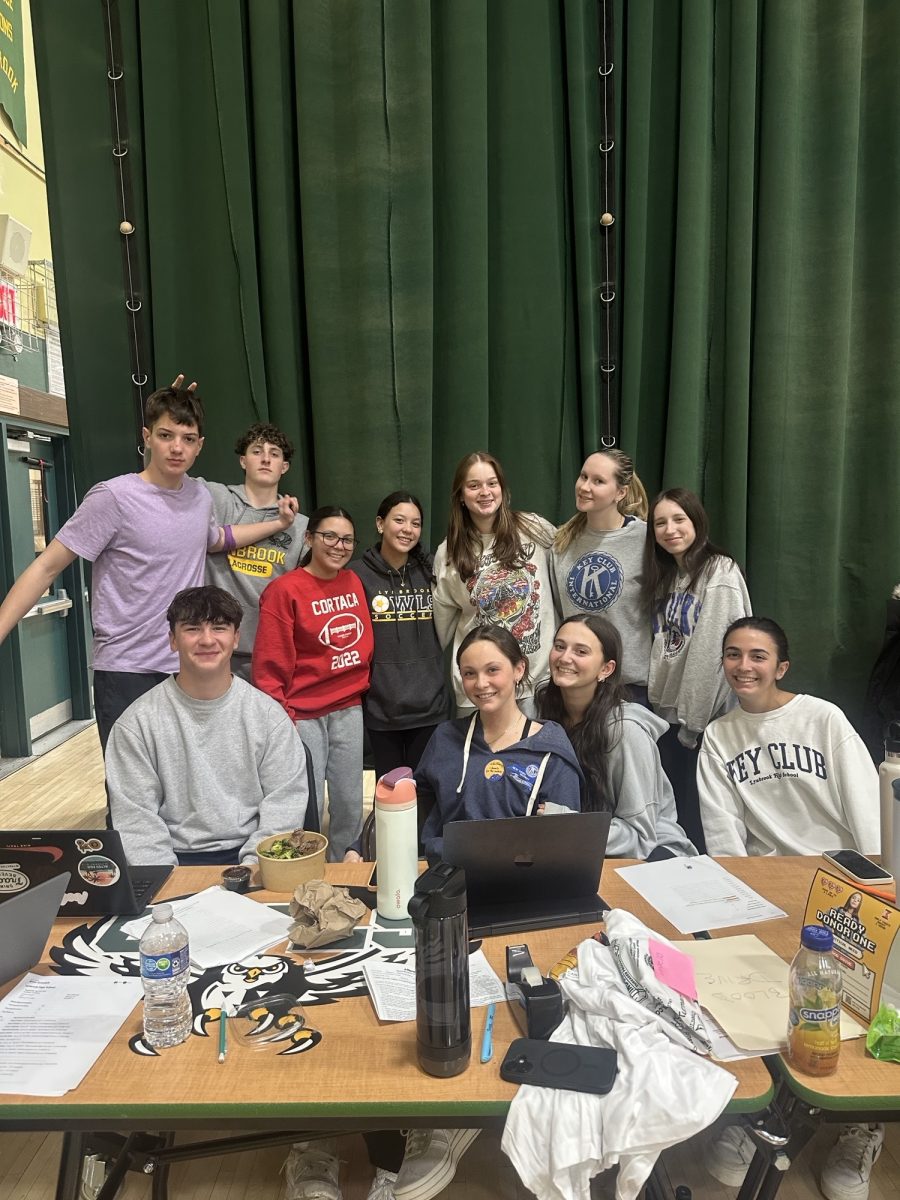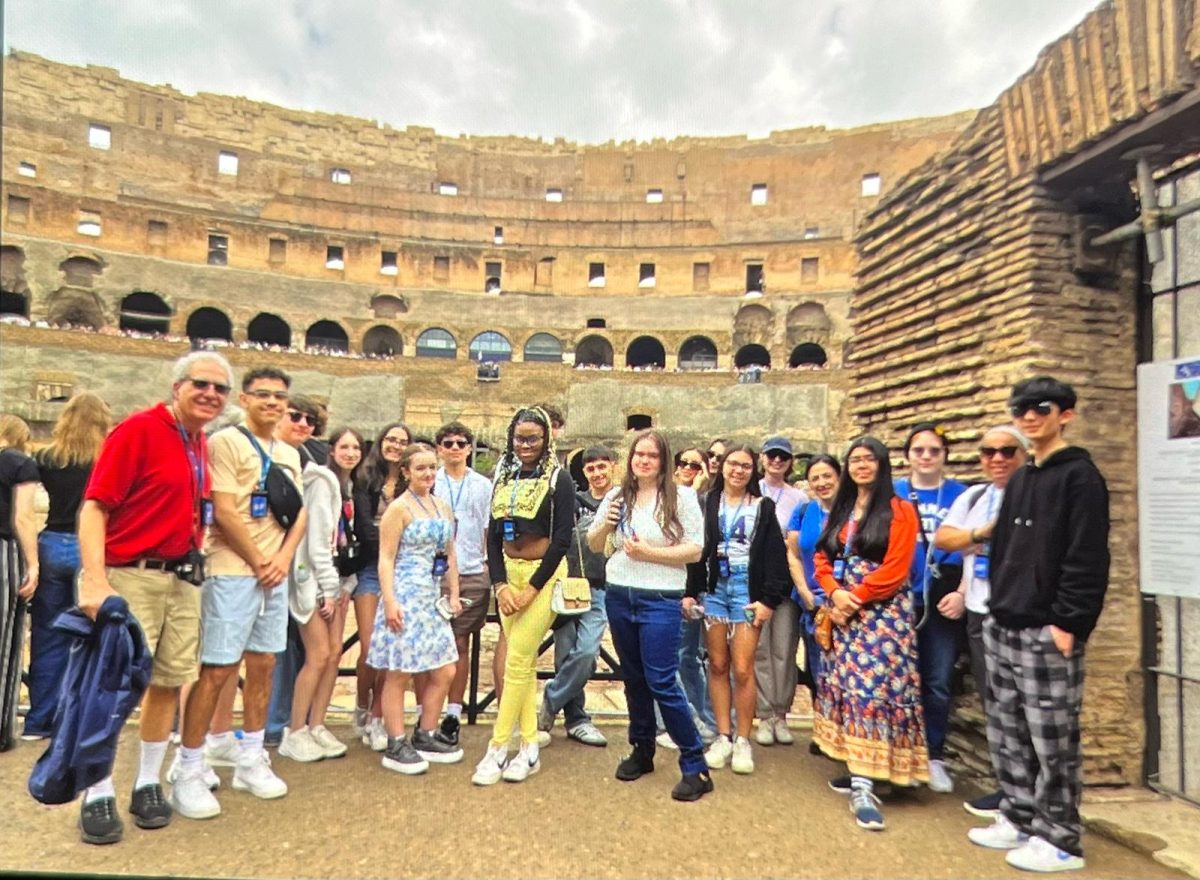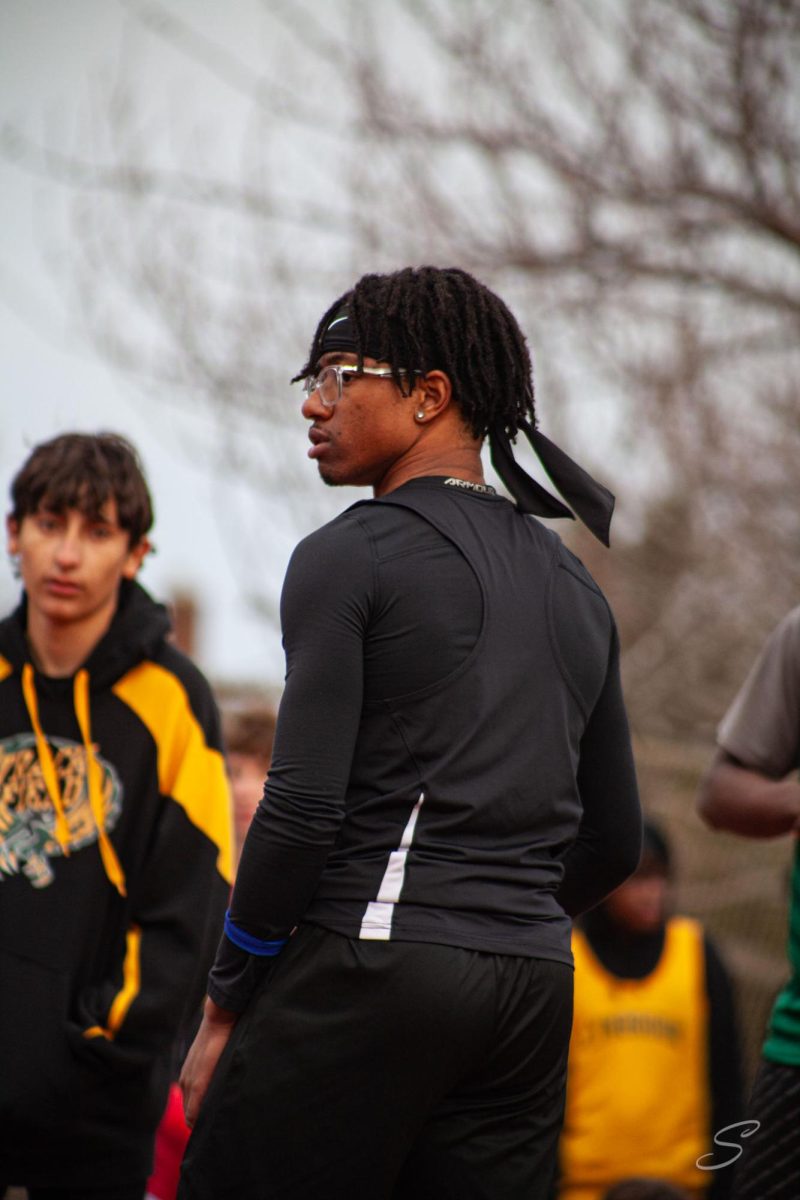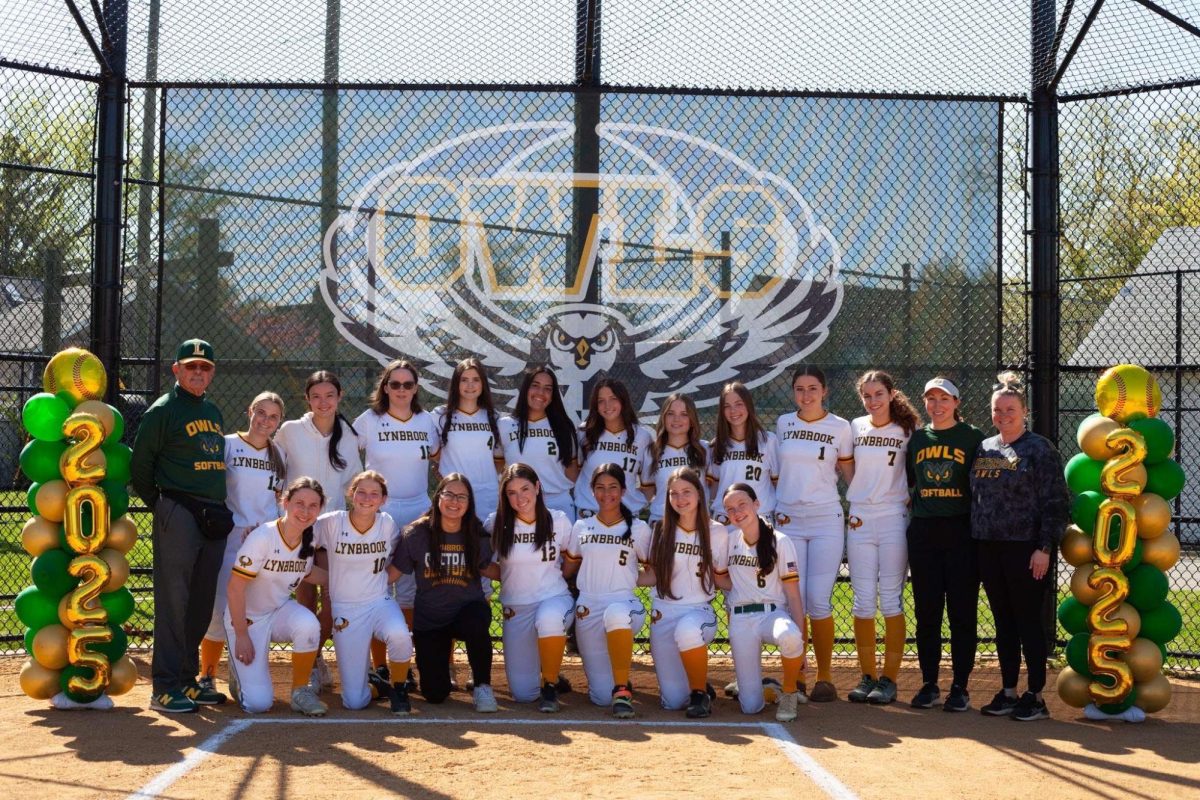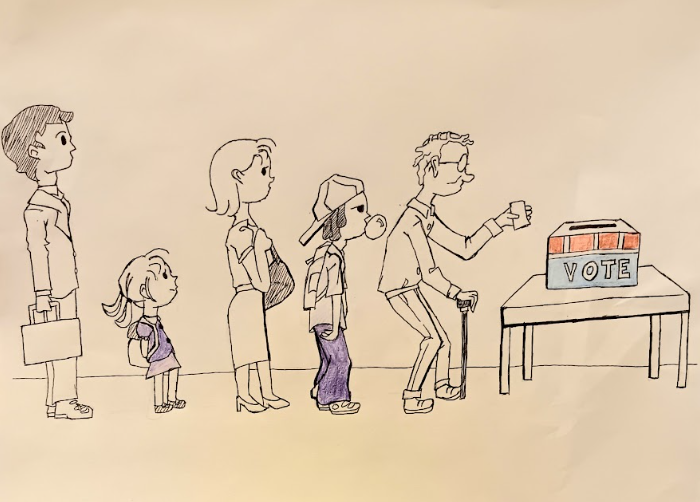The voting age in the United States has been a debatable and controversial topic. Many people argue that the present voting age of 18 years old is fair and should remain as is; however, others disagree wholeheartedly, arguing that the voting age could be lowered to the age of 16 without issue. Despite the many arguments, the voting age should remain at18.
The voting process in the U.S. has a long and complex history, having gone through many challenges and changes. When the Constitution was ratified in 1776, there was not even a mention of a distinct voting age; in fact, the matter of voting was quite simple to the colonists. The only base requirement was the ownership of property, usually meaning that to vote one had to be 21 or older, land-owning, Christian, and male. Later, in 1830, many states decided to abolish the property and religious requirements. Now, the only requirement was to be a land-owning white male. Progress was made in 1868 with the 14th Amendment, recognizing former slaves as citizens, thereby granting them the right to vote. Two years later, African American males were expressly given the right to vote, prohibiting the denial of that right. Fifty years later, in 1920, women were finally granted the right to vote with the 19th Amendment after a lengthy fight for suffrage and their much-needed representation. The Voting Rights Act of 1965 banned the use of literacy tests, poll taxes, and other obstacles, removing barriers that had prevented African Americans from voting. Finally, the first-ever change to the voting age in federal elections occurred during the Vietnam War after citizens argued that since 18-year-olds could be drafted to fight and possibly die for their country, they should also be allowed to vote for the president. Thus, with the 26th Amendment, the voting age was lowered to 18 from the traditional 21.
Although arguments exist for the voting age to be further lowered to 16, this change would be disastrous. Although 16 year olds can seek employment, pay taxes, and even be tried as an adult in certain criminal cases, most are just juniors in high school. They are generally dependent on their family for food, clothing, and shelter, and, most importantly, they are not mature enough.
Junior Liam Manning strongly opposes a 16-year-old voting age: “Absolutely not, 16-year-olds aren’t competent.” Freshman Aydin Jaikaran agreed: “No. I say no because most of them are not mature enough to make the right choices and decisions.” Conversely, junior Anthony Mannino supports the right of adolescents to vote: “Yes. I want to vote; I want my vote to count.”
While lowering the voting age is one question, the competence of young voters is another. Manning does not trust his peers to make informed political decisions, explaining that he felt 16 year olds are rather “lacking in the brain department.” Despite his support of a lower voting age, Mannino also lacks trust in his peers: “No, I don’t think they’re competent.” Jaikaran, on the other hand, has confidence in the minds of adolescents: “They are smart and make right decisions consistently.” Seemingly, there are some young people who seek wisdom and feel driven to make informed political decisions at this point in their lives.
Ultimately, the voting age in the U.S. is appropriate and does not require modification. The age of 18 is a solid point in an individual’s life to be considered a legal adult and to pursue many new and exciting responsibilities, such as voting.




